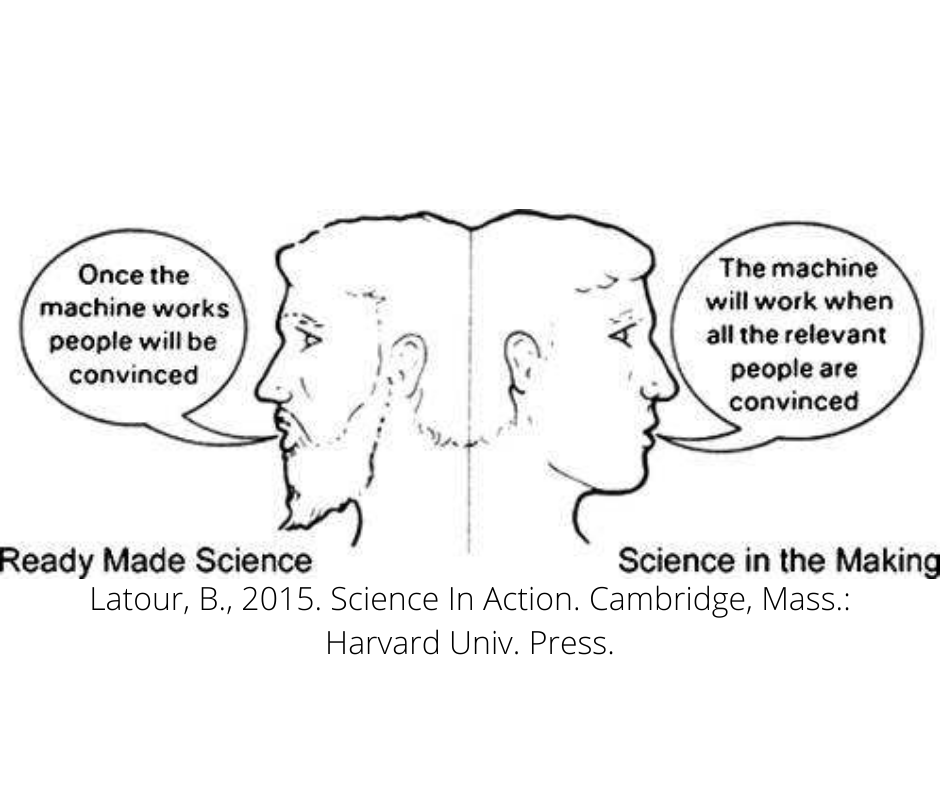Science communication is not a modern creation. A brief thread about its history worldwide (1/10) #scicomm #scientists #sciencetwitter #STEM #WomenInSTEM
#Galileo is thought to be the first scientific communicator in history. He started using Italian rather than Latin to communicate his science to friends through numerous letters. He said, “I wrote in the colloquial tongue because I must have everyone able to read it.” (2/10)
During the 18th century, several books were published targeting the female audience, presumably more ignorant. This is the case of #Algarotti’s classic & #39;Newtonianism for Ladies& #39;, although his aim was ultimately not to teach women but to popularise Newton& #39;s theories (3/10)
In the 19th authors started to specialize in summarizing the scientific knowledge of the day. An example is Mary #Somerville whose books were a key element in the popularization of science. This is the start of what we now call scientific journalism. #journalism (4/10)
Public lectures were also quite big during this century. Michael Faraday& #39;s & #39;The Chemical History of a Candle& #39; was even given as one of that body& #39;s series of annual Christmas lectures for children (5/10) #Faraday
In the 20th century, the huge involvement of science during #WWII ( #atomicbomb, #radar...) highlighted the need to expand popular coverage of the matter. Television became the perfect channel for scientists to engage with the public (6/10)
In 1980 #CarlSagan - one of the greatest science communicators in history - co-wrote and narrated the & #39;Cosmos: A Personal Voyage& #39; TV series, which became the most widely watched series in the history of American public television #Cosmos #America (7/10)
A report from the House of Lords in 2000 in Britain acknowledged the limits of science communication based on & #39;a top-down science-public relationship& #39;. The term & #39;science #popularization& #39; shifted then to & #39;public #engagement& #39;.
Nowadays, researchers must make & #39;all protocols, data, analyses and publications available online for public scrutiny, allowing the interested public to access not only “ready-made science” (as was typically the case in popularisation) but also “science-in-the-making”& #39;
What is next? Comment below!!! https://abs.twimg.com/emoji/v2/... draggable="false" alt="⤵️" title="Nach rechts zeigender Pfeil mit Krümmung nach unten" aria-label="Emoji: Nach rechts zeigender Pfeil mit Krümmung nach unten">
https://abs.twimg.com/emoji/v2/... draggable="false" alt="⤵️" title="Nach rechts zeigender Pfeil mit Krümmung nach unten" aria-label="Emoji: Nach rechts zeigender Pfeil mit Krümmung nach unten"> https://abs.twimg.com/emoji/v2/... draggable="false" alt="⤵️" title="Nach rechts zeigender Pfeil mit Krümmung nach unten" aria-label="Emoji: Nach rechts zeigender Pfeil mit Krümmung nach unten">
https://abs.twimg.com/emoji/v2/... draggable="false" alt="⤵️" title="Nach rechts zeigender Pfeil mit Krümmung nach unten" aria-label="Emoji: Nach rechts zeigender Pfeil mit Krümmung nach unten"> https://abs.twimg.com/emoji/v2/... draggable="false" alt="⤵️" title="Nach rechts zeigender Pfeil mit Krümmung nach unten" aria-label="Emoji: Nach rechts zeigender Pfeil mit Krümmung nach unten">
https://abs.twimg.com/emoji/v2/... draggable="false" alt="⤵️" title="Nach rechts zeigender Pfeil mit Krümmung nach unten" aria-label="Emoji: Nach rechts zeigender Pfeil mit Krümmung nach unten">

 Read on Twitter
Read on Twitter


